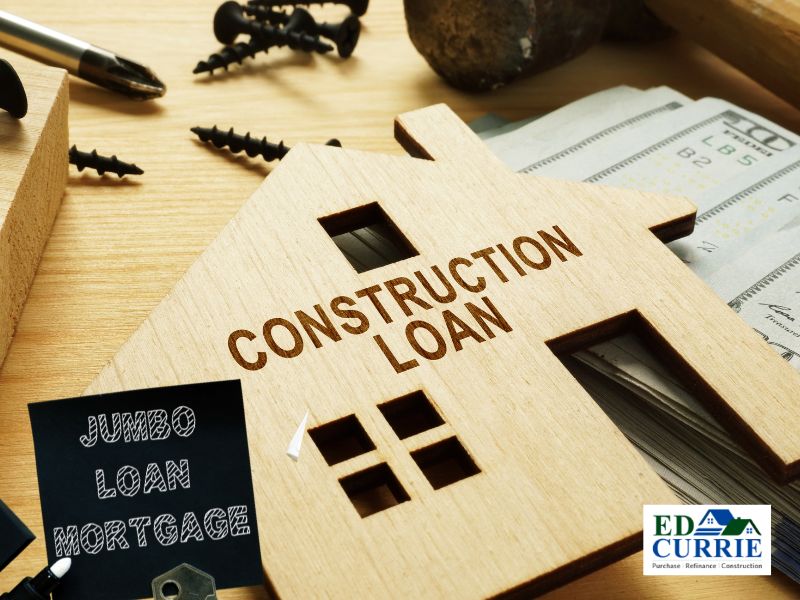
Planning a construction project, whether it’s building a new home or renovating an existing property, requires careful consideration of various factors, including financing. Among the many financial options available, construction loans stand out as a vital resource for funding such endeavors. Comprehending the details of construction loans can be a challenge for many. That’s why we’ve put together this FAQ guide to help you understand construction loans and address common queries. From understanding the basics to the stages of disbursement, we’re here to help you make informed decisions about your construction financing needs.
What is a construction loan?
A construction loan is a short-term loan used to finance the building or renovation of a home or other real estate project. It provides funds to cover the cost of construction as the project progresses.
How does a construction loan differ from a traditional mortgage?
Unlike a traditional mortgage where you receive the entire loan amount upfront, a construction loan disburses funds in stages as construction progresses. Additionally, construction loans usually have higher interest rates and shorter terms.
What types of construction loans are available?
There are two primary types: construction-to-permanent loans, which convert to a traditional mortgage once construction is complete, and stand-alone construction loans, which require a separate mortgage once construction finishes.
What are the eligibility requirements for a construction loan?
Eligibility criteria vary by lender, but generally, you’ll need a good credit score, a stable income, a down payment (typically 20-25% of the project cost), detailed construction plans, and a qualified builder.
How much can I borrow with a construction loan?
The amount you can borrow depends on factors such as your income, creditworthiness, the appraised value of the completed home, and the lender’s policies. Typically, lenders will finance a percentage of the project’s total cost.
What are the stages of disbursement for a construction loan?
Disbursement occurs in stages, known as “draws,” which are typically tied to milestones in the construction process, such as completing the foundation, framing, and finishing. You’ll receive funds after each stage is inspected and approved by the lender.
How do interest rates work for construction loans?
Interest rates for construction loans are often variable and higher than those for traditional mortgages. During the construction phase, you’ll typically only pay interest on the amount disbursed, but once the loan converts to a permanent mortgage, you’ll pay both principal and interest.
What is a construction loan's term?
Construction loan terms vary, but they’re typically 6 to 18 months for the construction phase. After construction is complete, the loan converts to a traditional mortgage with a longer term, such as 15 or 30 years.
What happens if the project goes over budget?
If the project exceeds the initial budget, you’ll need to cover the additional costs yourself or seek additional financing. Some lenders may allow for limited increases in the loan amount, but significant budget overruns could pose challenges.
What happens if the builder doesn't complete the project on time?
Construction delays are common, but if the builder consistently misses deadlines, it could affect the loan terms. You may need to negotiate an extension with the lender or seek legal recourse against the builder.
Remember, it’s essential to thoroughly research and consult with lenders and professionals to ensure you understand the terms and risks associated with construction loans before proceeding with your project.



